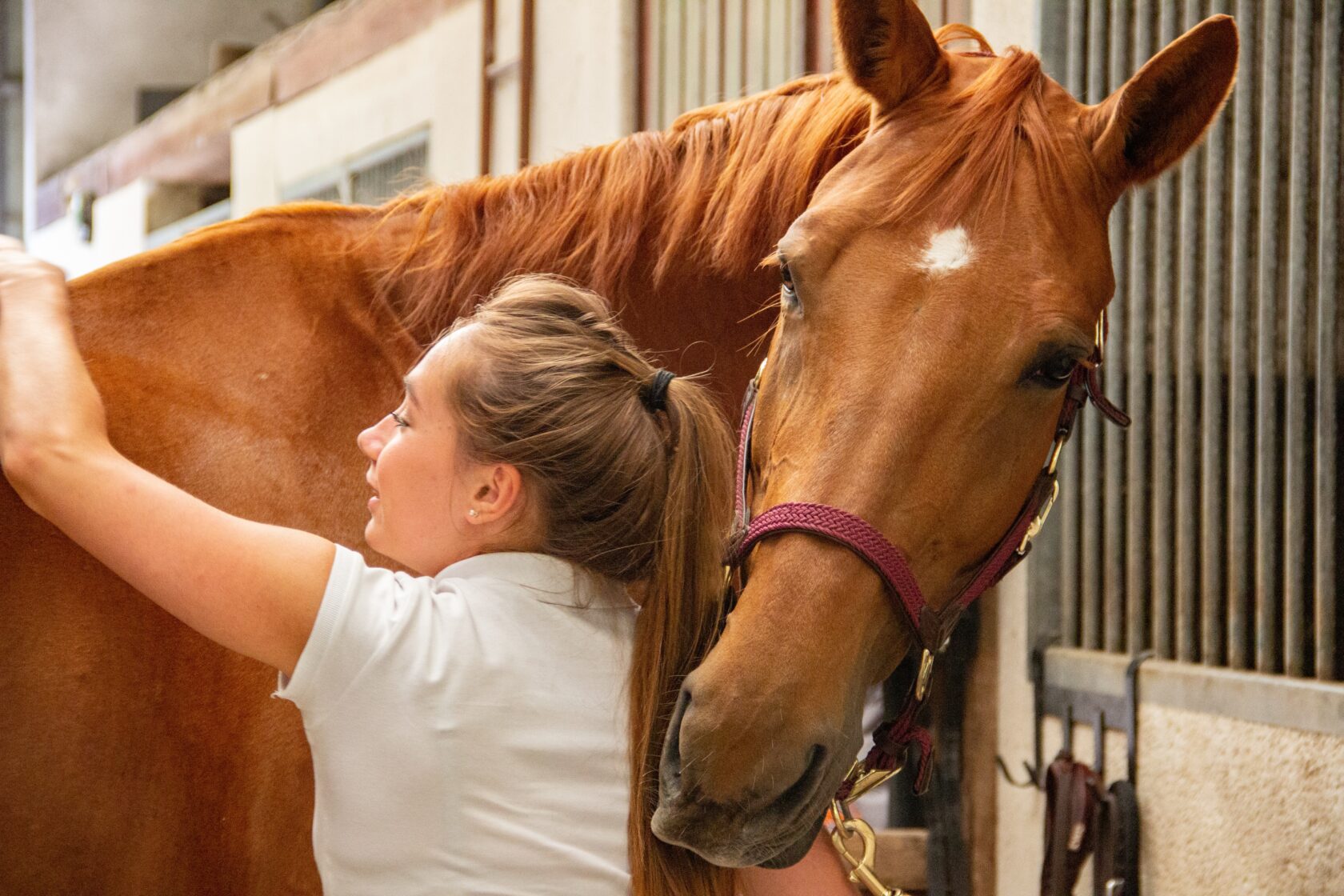Susie, a young girl with Down syndrome, is interested in pursuing a career in the culinary arts. Apprenticeships in special needs can give her the skills and experience she needs to achieve her goals. Here’s how it could work:
Story:
- Susie expresses her interest in cooking to her parents, who contact a local apprenticeship program specializing in training individuals with disabilities.
- The program assesses Susie’s skills and abilities and creates a customized training plan that includes hands-on work experience in a local restaurant, as well as classroom instruction on cooking techniques and safety protocols.
- Susie begins her apprenticeship, working alongside experienced chefs and learning how to prepare various dishes. She also receives training on interacting with customers and working as part of a team.
- Throughout the apprenticeship, Susie’s mentor provides regular feedback and support, helping her to build confidence and develop her skills.
- After completing the apprenticeship, Susie is well-prepared to pursue a career in the culinary arts. She applies for a job at a local restaurant and impresses the hiring manager with her skills and experience.
- Susie begins her new job confidently, knowing she has her mentors’ support and the apprenticeship program behind her.
In conclusion, apprenticeships in special needs offer a valuable pathway for individuals with disabilities to gain work experience and develop new skills. By partnering with employers and training programs, individuals with special needs can access various opportunities that may not have been available to them otherwise. Products like Goally can also support kids with special needs, helping them build life and language skills through fun, interactive apps, and games.














